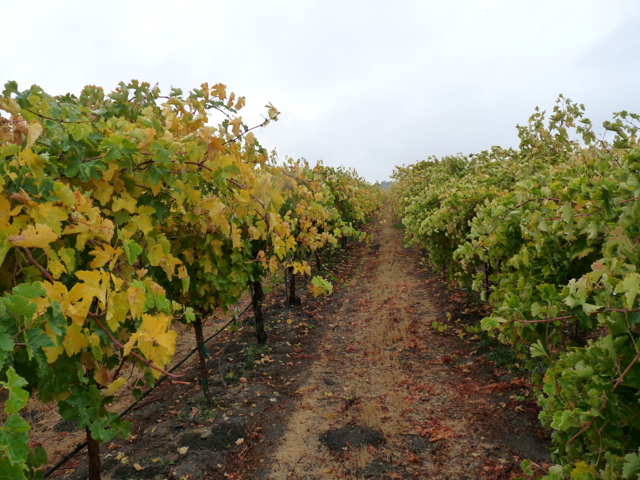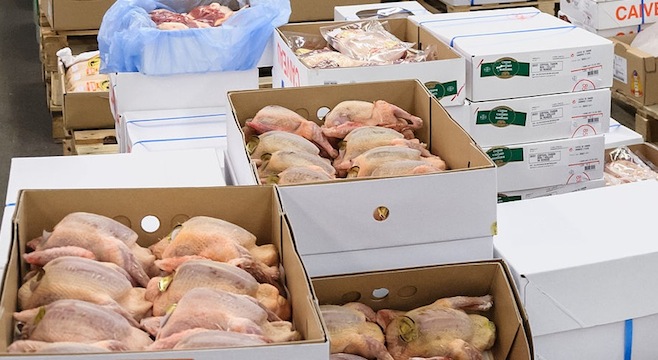Commentary: Russian ban shows the folly of using food as a weapon
By Stewart Truelsen; AgAlert
We can only guess how the decision was made for Russia to ban food imports from most of the Western world, but perhaps it went something like this: President Vladimir Putin was sitting with some of his old pals from his KGB days. Putin was desperate for a way to retaliate against the West for its economic sanctions leveled against Russia for intervening to help the rebels in Ukraine. He asked for suggestions.
“Why not a boycott of their food?” suggested a former Soviet general, remembering the grain embargoes of the 1980s. “The Americans, they hate food boycotts and embargoes.”
That much is true—American farmers and ranchers hate the use of food as a weapon. In January 1980, President Jimmy Carter announced a U.S. embargo of grain and oilseed shipments to the Soviet Union because of its invasion of Afghanistan. The American Farm Bureau Federation thought it was unwise to single out American farmers by using food as a weapon of foreign policy. If sanctions were needed, AFBF preferred they be across the board, not just on food.
The grain embargo of 1980 proved to be a failure. It stimulated more grain and oilseed production in South America to fill the void left by the U.S. Fifteen months later, when President Reagan ended the Carter embargo, it had cost American farmers around $1 billion in lost export business.
This time, the biggest losers will not be American farmers.
“This is clearly a political move,” said AFBF President Bob Stallman of Putin’s ban on food imports. “It is unfortunate that the biggest losers will be the Russian consumers, who will pay more for their food now as well as in the long run.”
The old Soviet Union was dependent on American grain and oilseeds in the 1970s and ’80s, to make up for harvest shortfalls that were common under the communist system. Beginning in the 2000s, the three major grain-producing regions of the former USSR—Russia, Ukraine and Kazakhstan—became major grain exporters.
In 2013, Russia was the 20th largest market for U.S. agricultural and related product exports, accounting for less than 1 percent of total U.S. agricultural exports. Approximately 55 percent of these export products will be affected by the ban.
(For California, Russia ranked as the 15th largest export market in 2012, with shipments totaling $144.7 million, or about 1 percent of the state’s total agricultural exports. Almond shipments accounted for roughly 70 percent of the Russian purchases, but the Almond Board of California estimated Russia represented only about 3 percent of the export market for California almonds.)
Neither side, therefore, is as dependent on the other as they were in the past. Soviet grain deals once provided a huge stimulus to the American grain market. Nothing like that exists between Russia and the U.S. On the other hand, Europe supplies 40 percent of Russia’s agricultural market and will feel the sanctions more.
The idea to use food as a weapon is a bad one. American farmers could have told Putin that. Whoever suggested it to him should be put on the next train to Siberia. The Russian people have been turned into unwilling locavores, having to rely much more on locally produced food and paying more for it.










